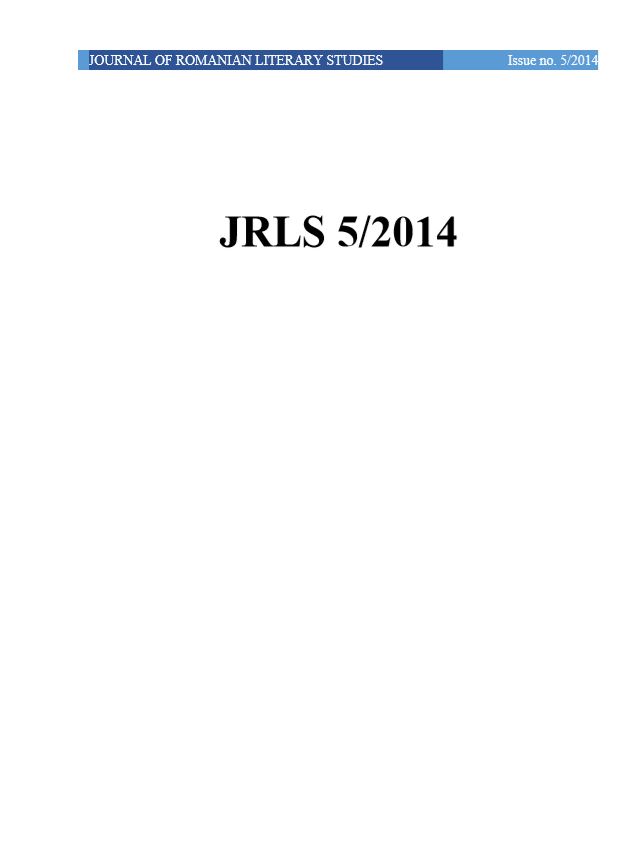REWINDING A CLOCKWORK SELF: DISINTEGRATION AND UNITY IN THE BRITISH LITERATURE OF THE 60S: THE GOLDEN NOTEBOOK AND A CLOCKWORK ORANGE
REWINDING A CLOCKWORK SELF: DISINTEGRATION AND UNITY IN THE BRITISH LITERATURE OF THE 60S: THE GOLDEN NOTEBOOK AND A CLOCKWORK ORANGE
Author(s): Ioana BACIUSubject(s): Language and Literature Studies, Literary Texts
Published by: Editura Arhipelag XXI
Keywords: The Golden Notebook; A Clockwork Orange;anarchy; repetition compulsion; British; literature of the 60s
Summary/Abstract: The article is a psychonalitical-oriented exploration of the literature of the 60s, taking two representative case studies that discuss the main cultural obsessions of the decade. While Lessing’s ‘feminist bible’ is involved with the effects of the sexual revolution, the polical turmoil in a world increasingly divided between Communism and Capitalism, East and West, and its effects on women as individuals and citizens, Burgess’ dystopia is an apt summary of the violence of the decade and of the need to instill moral values in a disintigrating world. Ultimately, the two novels are guided by similar metaphors that reinstate the humanistic ideal of re- connecting an alienated self to the world by making use of the metaphor of the sphere. Finding a means to achieve ‘roundness’ for the shattered self – maturity, morality, a fair use of reason and free-will - is novels’ main preoccupation, an attempt to resolve the decade’s schyzophrenic split between order and anarchy.
Journal: Journal of Romanian Literary Studies
- Issue Year: 2014
- Issue No: 05
- Page Range: 619-626
- Page Count: 8
- Language: English

